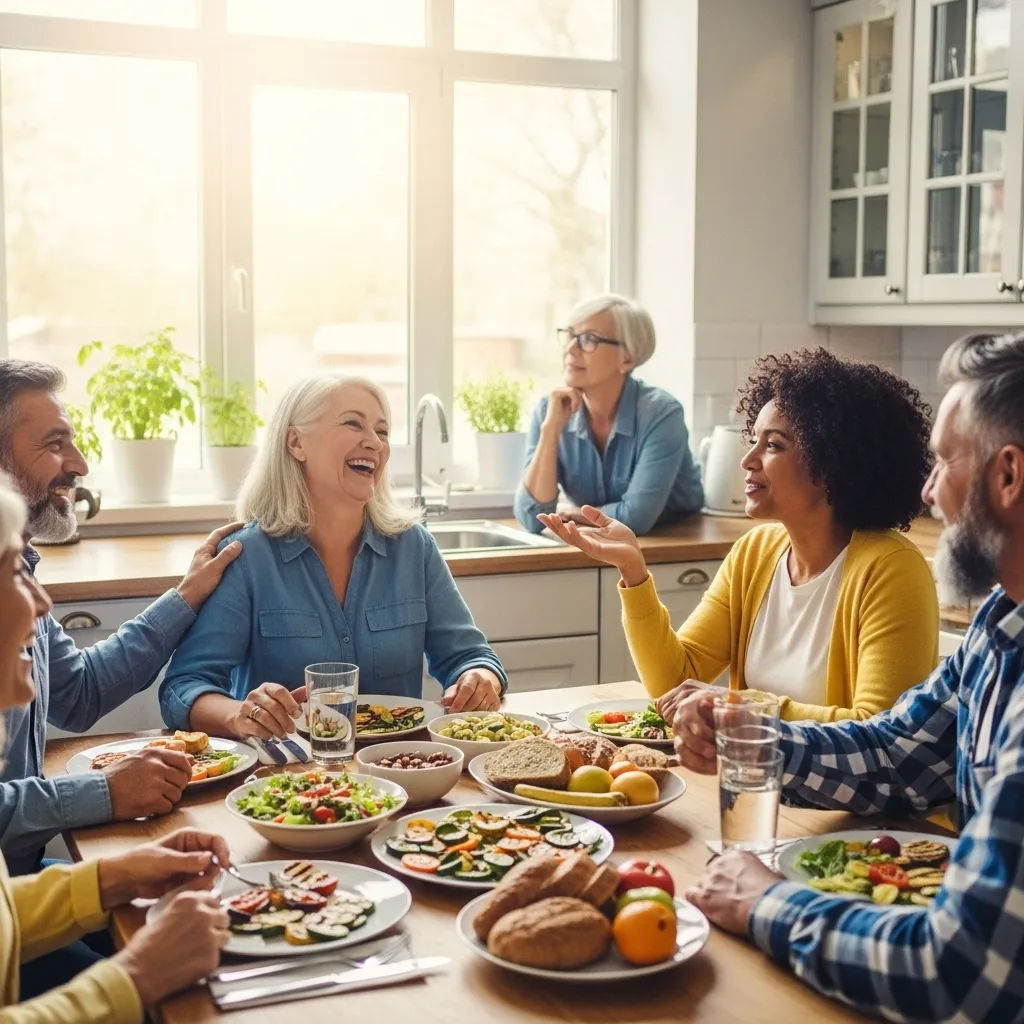
A Compassionate Path Forward
The connection between your gut and your brain is a beautiful example of how interconnected our bodies truly are. Understanding this link doesn’t mean blaming yourself for your mood or feeling that your mental health is entirely dependent on what you eat. Instead, see it as an opportunity—an empowering new avenue for self-care and healing.
The journey to better mental wellness is multifaceted. It involves our thoughts, our behaviors, our relationships, our environment, and yes, our physical health. Nurturing your gut-brain axis is one valuable piece of that complex puzzle. It is a tangible, practical way to show up for yourself each day. The small choices you make—adding a vegetable, taking a walk, practicing a moment of deep breathing—are not just for your body; they are messages of care sent directly to your brain.
Remember to approach this with curiosity and self-compassion, not judgment. Some days will be easier than others. There is no perfection, only practice. This is about gently steering your ship in a healthier direction, not about a sudden, jarring change of course. The goal is to build sustainable habits that nourish you from the inside out, complementing—not replacing—the essential support of therapy and medical care when needed.
Here is a simple next step to get you started: For the next seven days, choose just one small habit from this article to focus on. Perhaps it’s eating a spoonful of yogurt each morning, or doing the 5-4-3-2-1 grounding exercise when you feel stressed. At the end of each day, take 60 seconds to write one sentence in a notebook about how you felt. “Felt a bit more energy this afternoon.” “My stomach felt calm today.” “Felt anxious, but the breathing helped.” Just notice, without needing to fix or analyze. This simple act of awareness is the first and most important step on the path forward.
This article is for informational purposes only and does not constitute medical, psychological, or legal advice. It is not a substitute for professional consultation. If you or someone you know is in immediate danger or considering self-harm, please call your local emergency services right away. In the U.S., you can contact the 988 Suicide & Crisis Lifeline by calling or texting 988 anytime. For more resources, you can visit the Substance Abuse and Mental Health Services Administration (SAMHSA).













